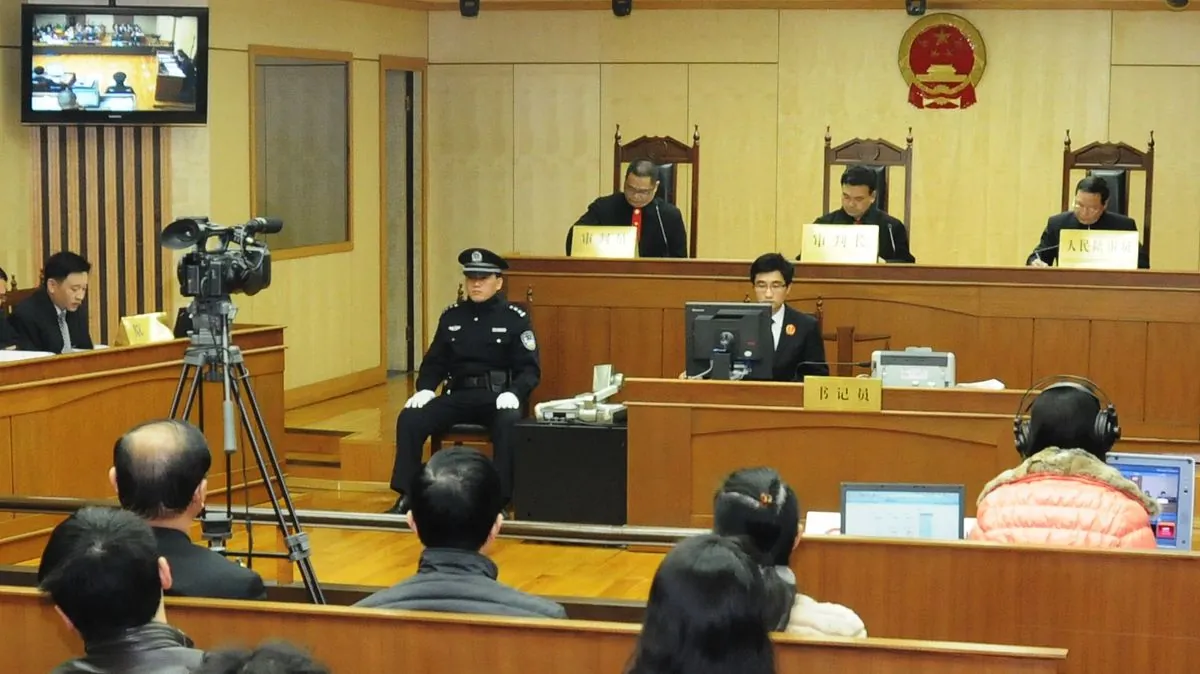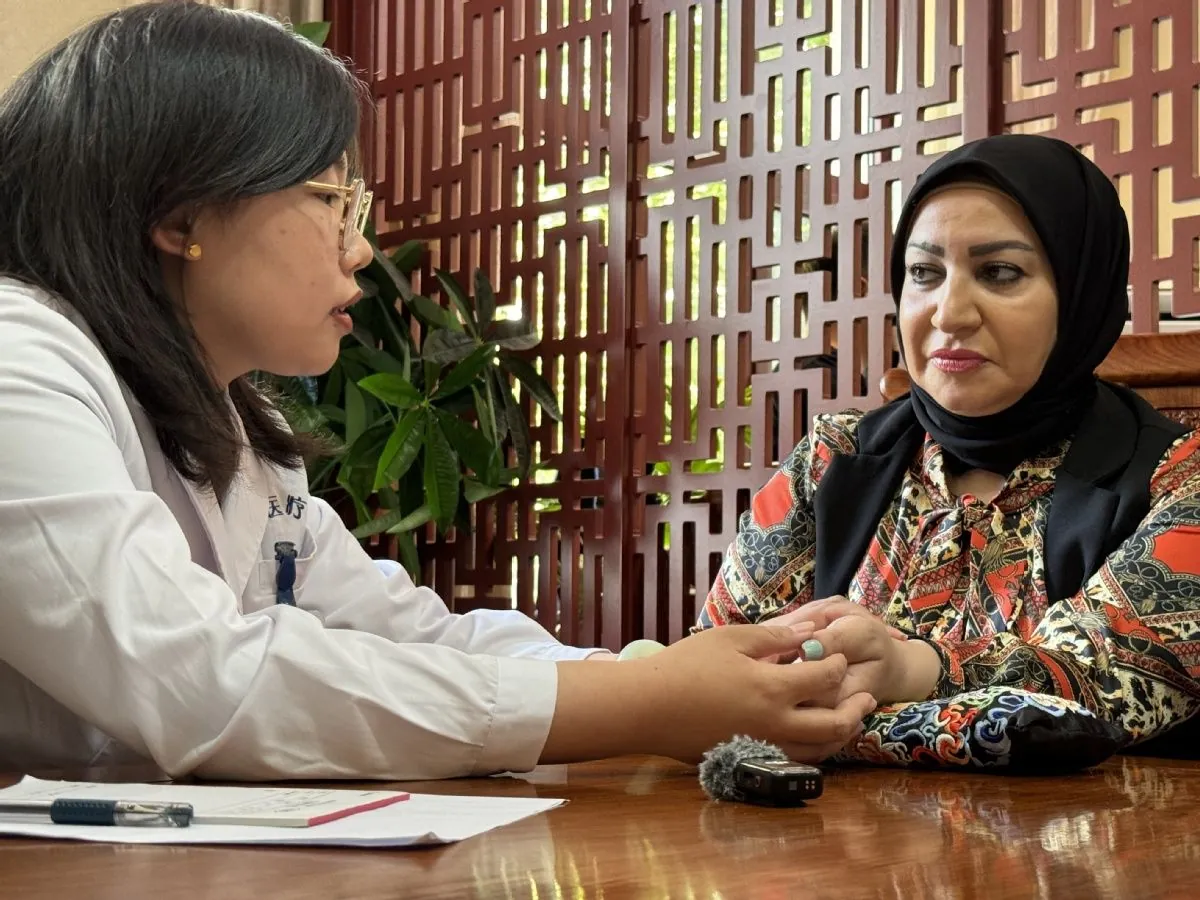Beijing Court Denies Unmarried Woman's Right to Freeze Eggs
A Beijing court upheld a ruling against Teresa Xu's request to freeze her eggs, highlighting China's restrictive reproductive policies for unmarried women. The case sparks debate on fertility rights.

A Beijing court has upheld a decision denying an unmarried woman's right to freeze her eggs, concluding a six-year legal battle that has drawn national attention to China's reproductive policies.
Teresa Xu, now 36, initiated her quest for egg freezing services in 2018 at the age of 30. The hospital refused her request upon learning of her unmarried status, adhering to Chinese regulations that restrict such services to married women.
"I was looking for a professional service, but got this life advice instead."
Xu's experience highlights the challenges faced by unmarried women in China seeking fertility preservation options. The case has sparked discussions about reproductive rights and societal expectations in a country where the average age of first-time mothers has been increasing.

Despite the unfavorable ruling, Xu remains optimistic about potential future changes. She noted that the court's language suggested possible adjustments to medical and health laws as the country's birth policies evolve.
China's reproductive policies have undergone significant changes in recent years. The one-child policy ended in 2015, followed by the introduction of a two-child policy. In 2021, restrictions were further relaxed to allow three children per couple. These changes come as China faces demographic challenges, with its population declining in 2022 for the first time in six decades.
The cost and accessibility of egg freezing remain significant barriers for many women. While some Chinese companies have offered egg freezing as an employee benefit, the procedure can cost between $5,000 to $10,000 per cycle. Stored eggs can typically be preserved for 10-15 years.
As China grapples with declining marriage and fertility rates, cases like Xu's highlight the complex intersection of personal choice, medical technology, and government policy in shaping the country's reproductive landscape.


































